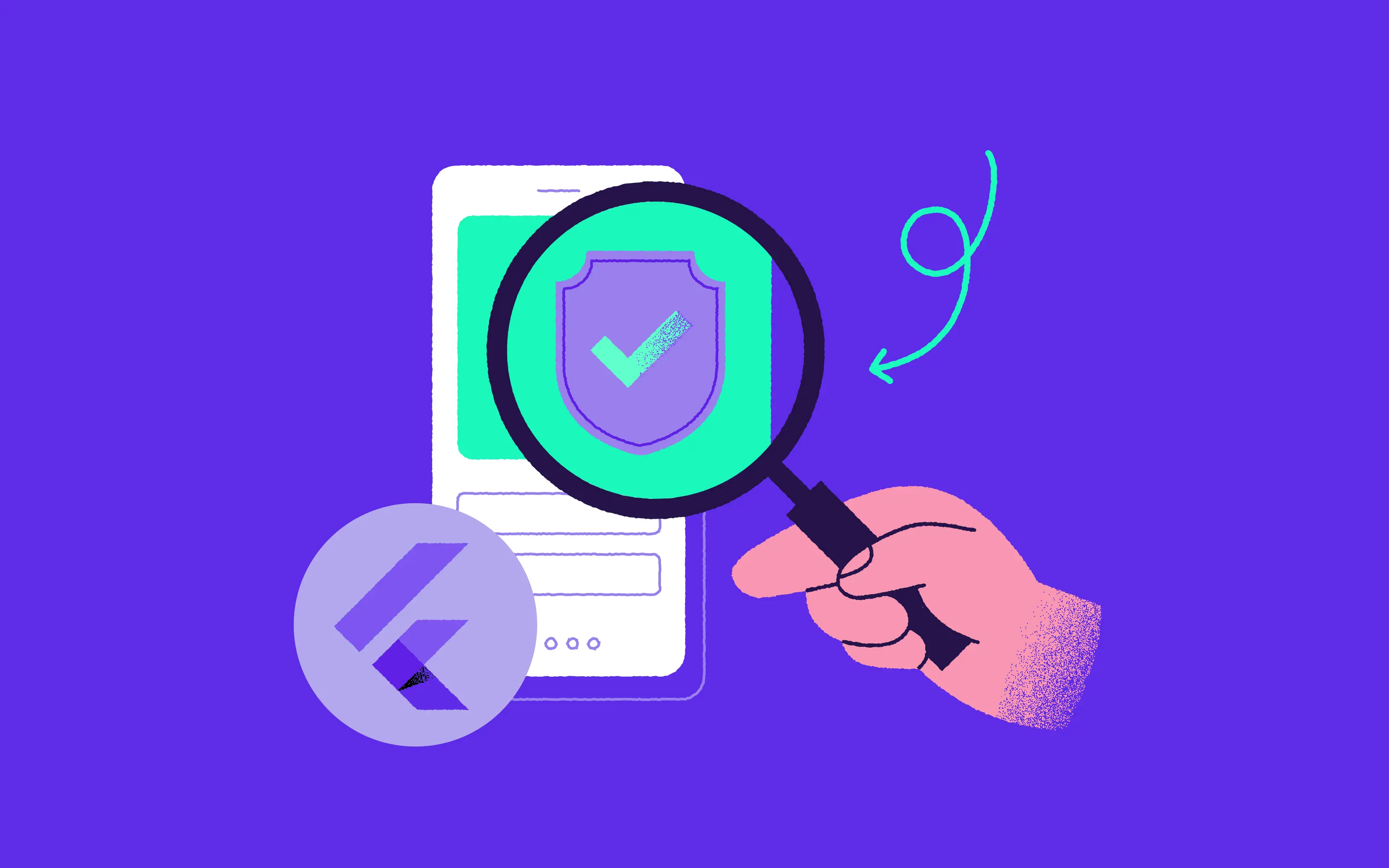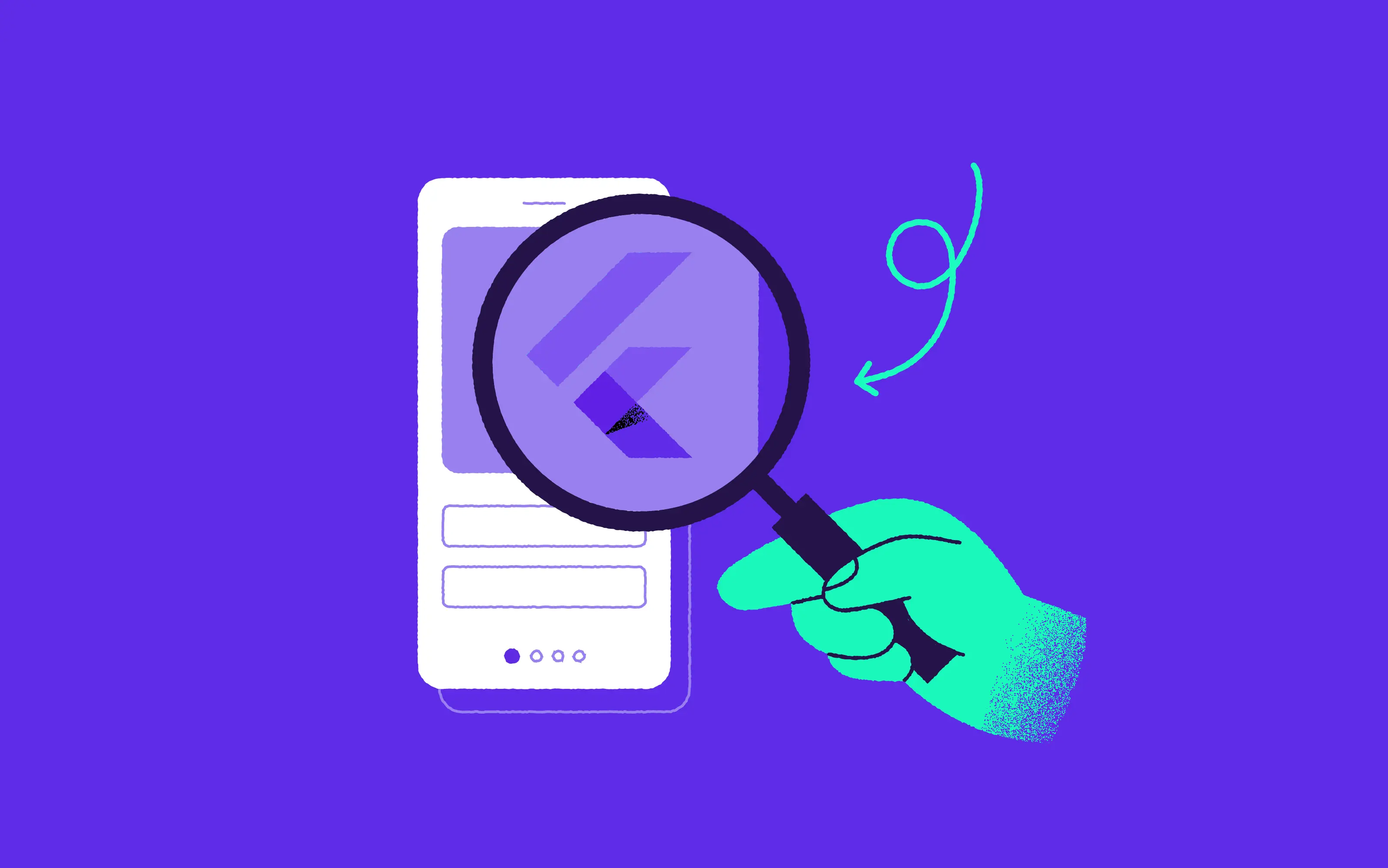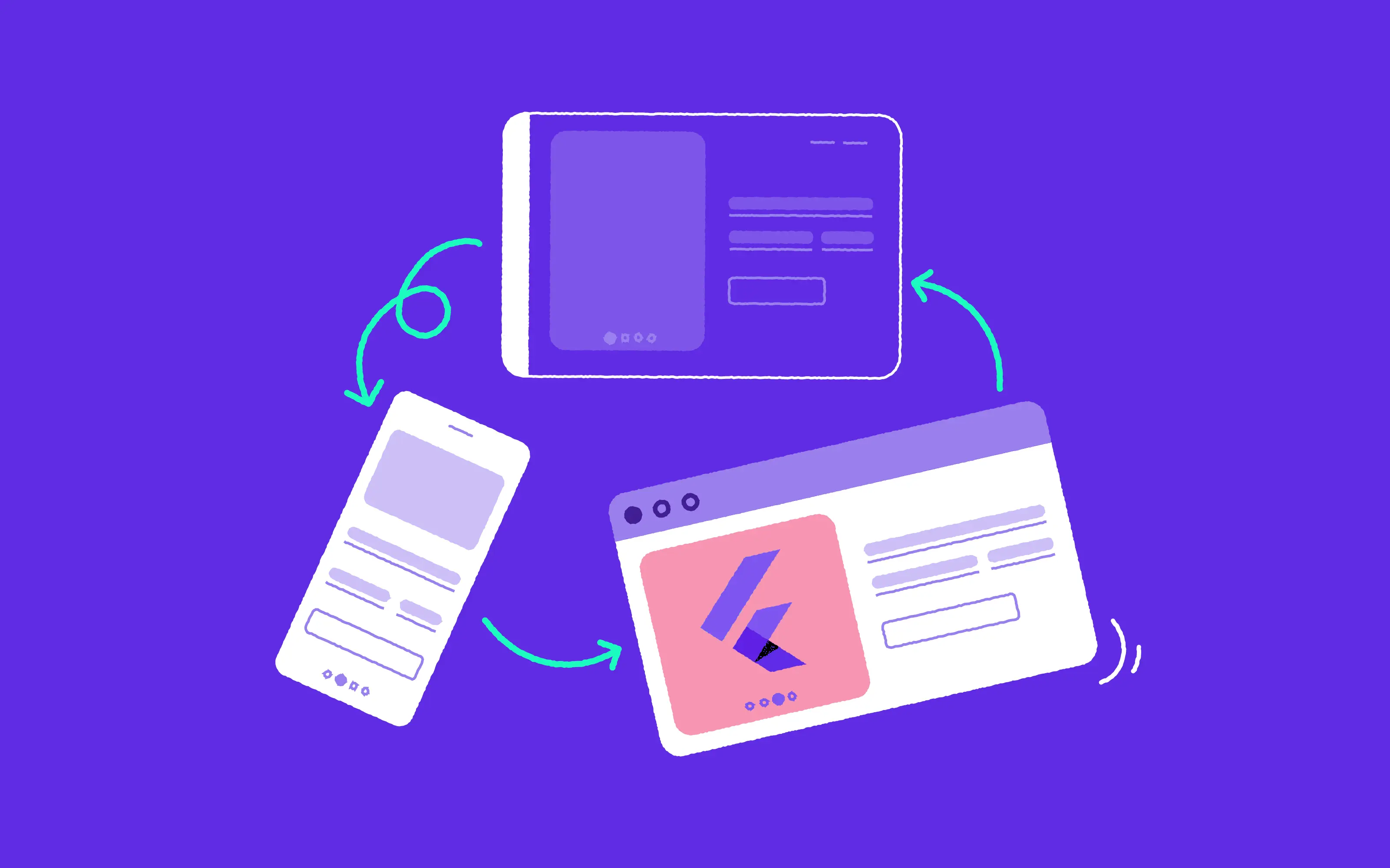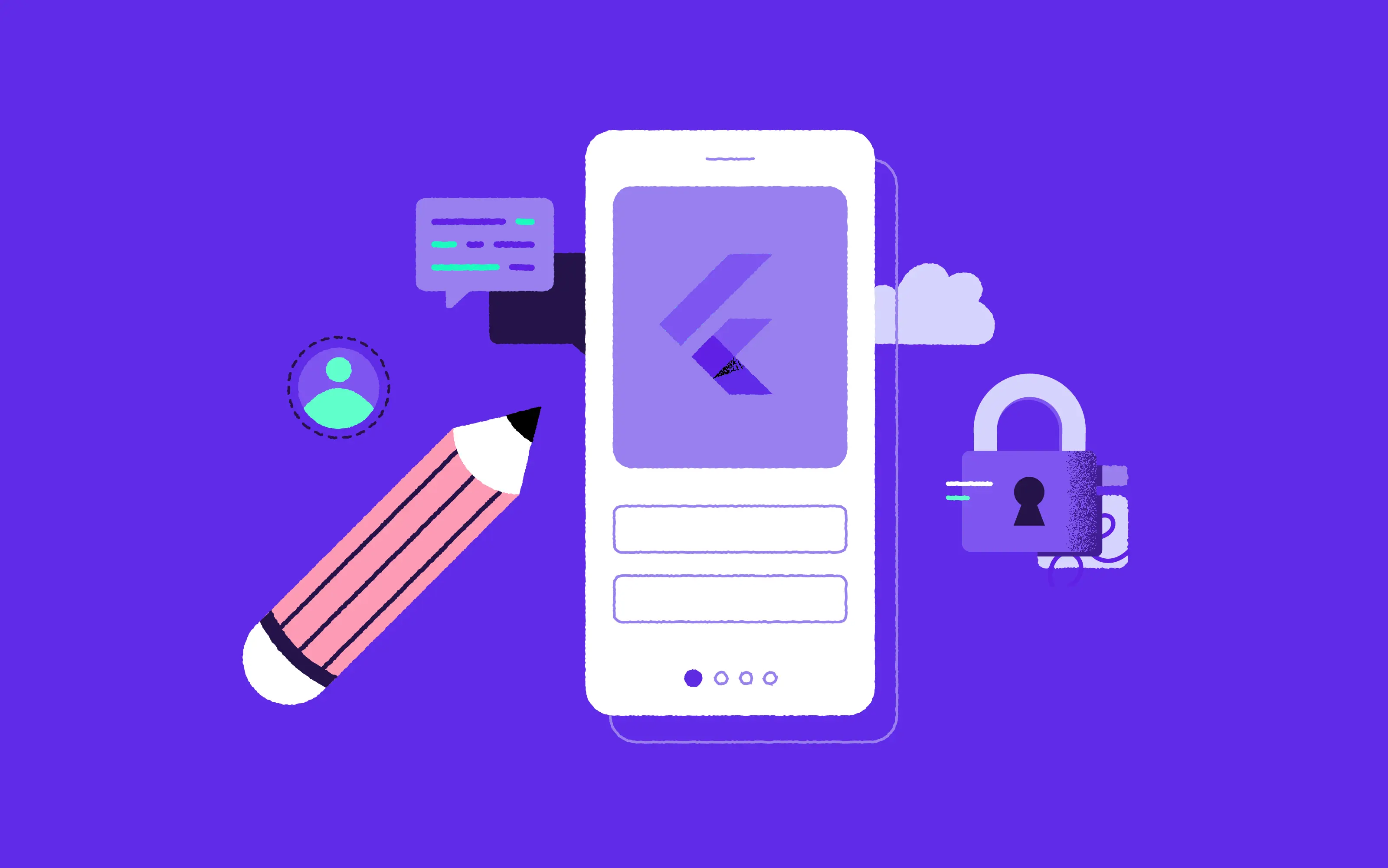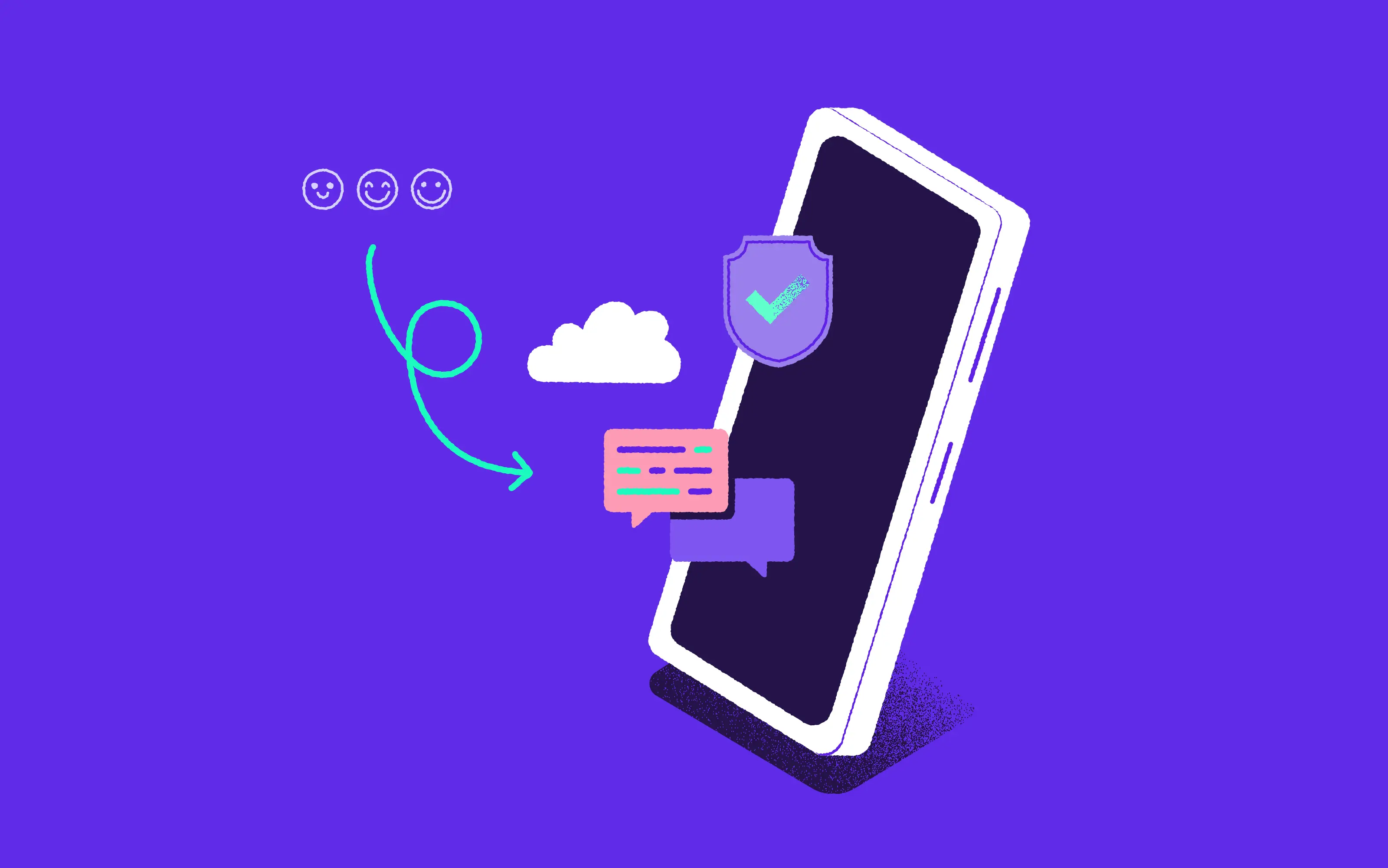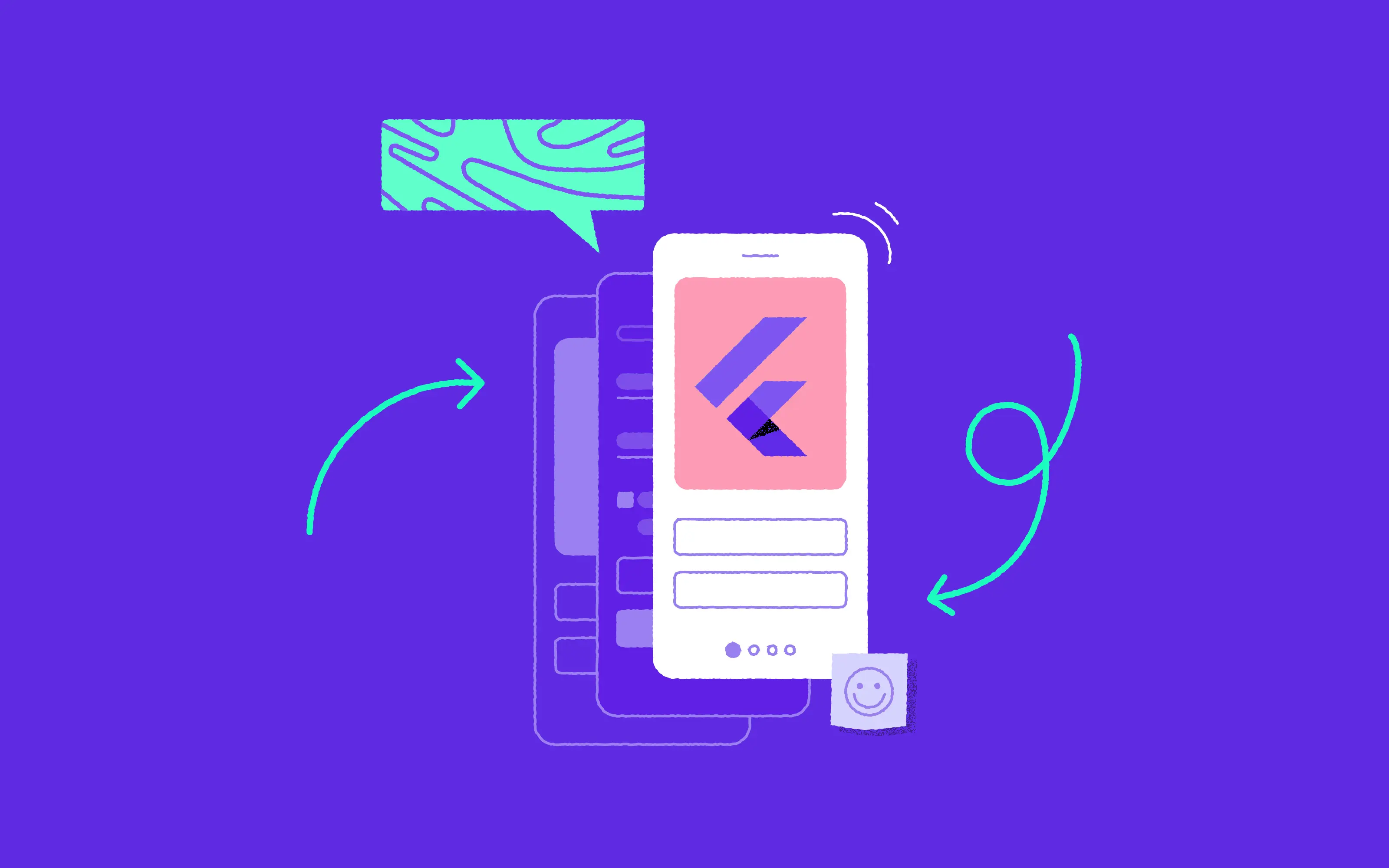Cross-platform app development services
We will help you deliver intuitive cross-platform mobile apps for iOS and Android.




The advantages of cross-platform mobile app development
Lower costs
Reduce overall app development cost by at least 30%.
Wider reach
Reach out to users on other devices.
Code consistency
Single-source code for fewer errors and a higher chance of a synchronized release.
Our cross-platform technologies

Flutter
Flutter is one of the most popular open-source, cross platform frameworks for mobile development.
Why doing cross-platform development with 10Clouds?
40+
mobile projects delivered
4.9/5.0
Clutch score based on 80+ reviews
11 years
of experience in mobile app development
Fast cross-platform app development with 10Clouds
START NOWYour first steps in the 10Clouds product journey
Your first steps in the 10Clouds product journey
Meet with the product and business experts
First proposal for collaboration
Work kick-off with a focus to best fit your demands
See some of our work
Crescent
The platform offers users 100x higher interest rates compared to traditional savings accounts with up to 6% APY, no minimums and no hidden fees.
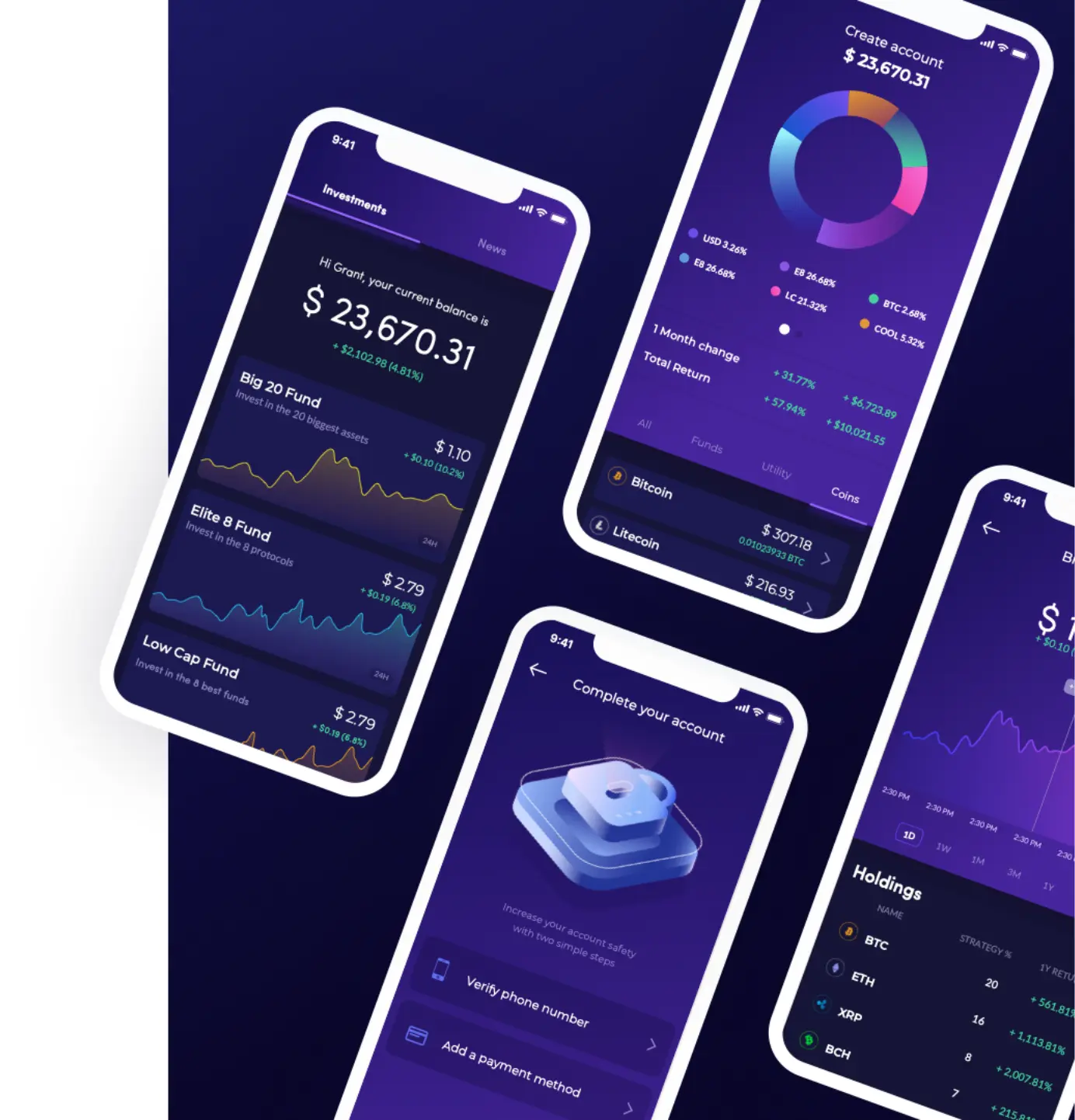
Keyforge
KeyForge is a new card game released by Fantasy Flight Games. 10Clouds built an official mobile and web application for it. With Master Vault, users can quickly scan their cards, add notes or track their stats.
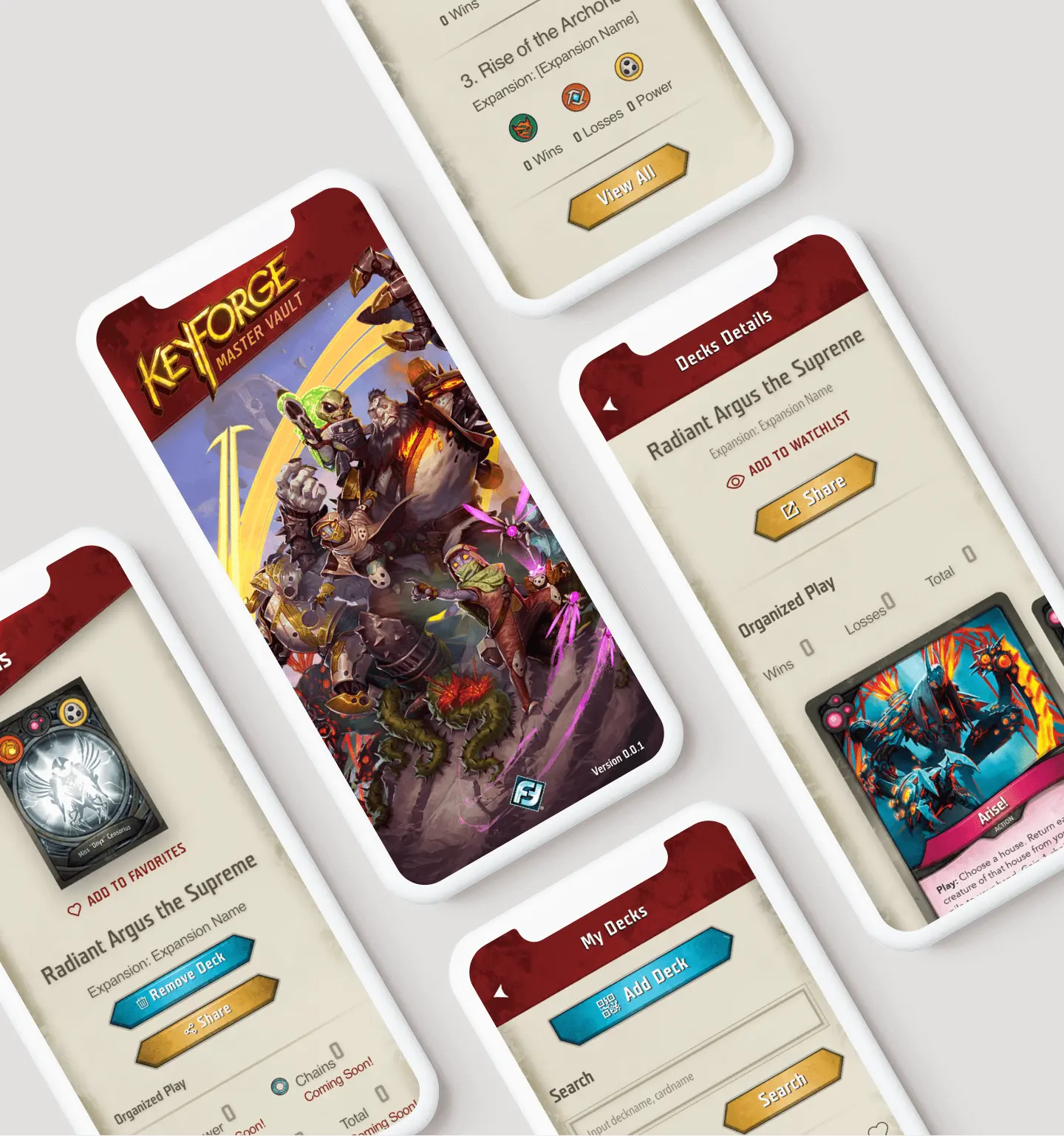
FAQ
What are the advantages of using cross-platform solutions over native solutions for mobile app development?
Cross-platform mobile app development streamlines the process by enabling developers to use a single codebase for multiple platforms, reducing development costs and time. This approach ensures a consistent user experience and facilitates easier long-term maintenance. Additionally, it extends your app's reach to a wider audience, targeting both iOS and Android users. These benefits make cross-platform solutions a cost-effective and efficient choice for many app development projects.
What is Flutter?
Flutter is an open-source cross platform software development toolkit created by Google. It is used for building natively compiled applications for mobile, web, and desktop from a single codebase. Flutter allows developers to create visually appealing and high-performance applications using a single programming language, Dart.
What are the main advantages of Flutter?
Flutter stands out with its "Hot Reload" feature, which accelerates development by instantly reflecting code changes in the running app. Its rich set of customizable UI widgets empowers developers to create visually appealing and unique interfaces. Flutter's compilation to native code ensures top-tier performance, making it suitable for complex applications. Additionally, easy access to native device features through platform-specific plugins and Google's strong support make it a compelling choice for modern app development.
What are the security considerations for using Flutter?
Flutter offers some built-in security features and relies on native layers for others. It is important for developers to be aware of best practices for securing mobile apps, and to ensure that any sensitive data is handled appropriately and securely.
What is React Native?
React Native is an open-source JavaScript framework for building cross platform applications. It was developed by Facebook and was first released in 2015. React Native allows developers to use React, a popular JavaScript library for building user interfaces, to create mobile apps for iOS, Android, and other platforms with a single codebase.
What sets Flutter apart from other cross-platform solutions?
One of the standout features that makes Flutter unique among cross-platform solutions is that it doesn't rely on web browser technology. While many other cross-platform frameworks, such as React Native and Xamarin, use a WebView or rely on web-based rendering to display app content, Flutter takes a different approach. It uses a graphics engine to render the UI directly to the screen, resulting in a more native-like and performant experience. This means Flutter apps don't suffer from the limitations and variability associated with web-based solutions, ensuring consistent performance and access to native device features.






